'The monarchy is not a cold, rational, legal structure, but a living, vibrant, human creation with human weaknesses and human strengths'
The Queen's Platinum Jubilee has been and gone, but it's left an indelible memory and reminded Britain that it still has some things to be proud of, says our columnist Agromenes.
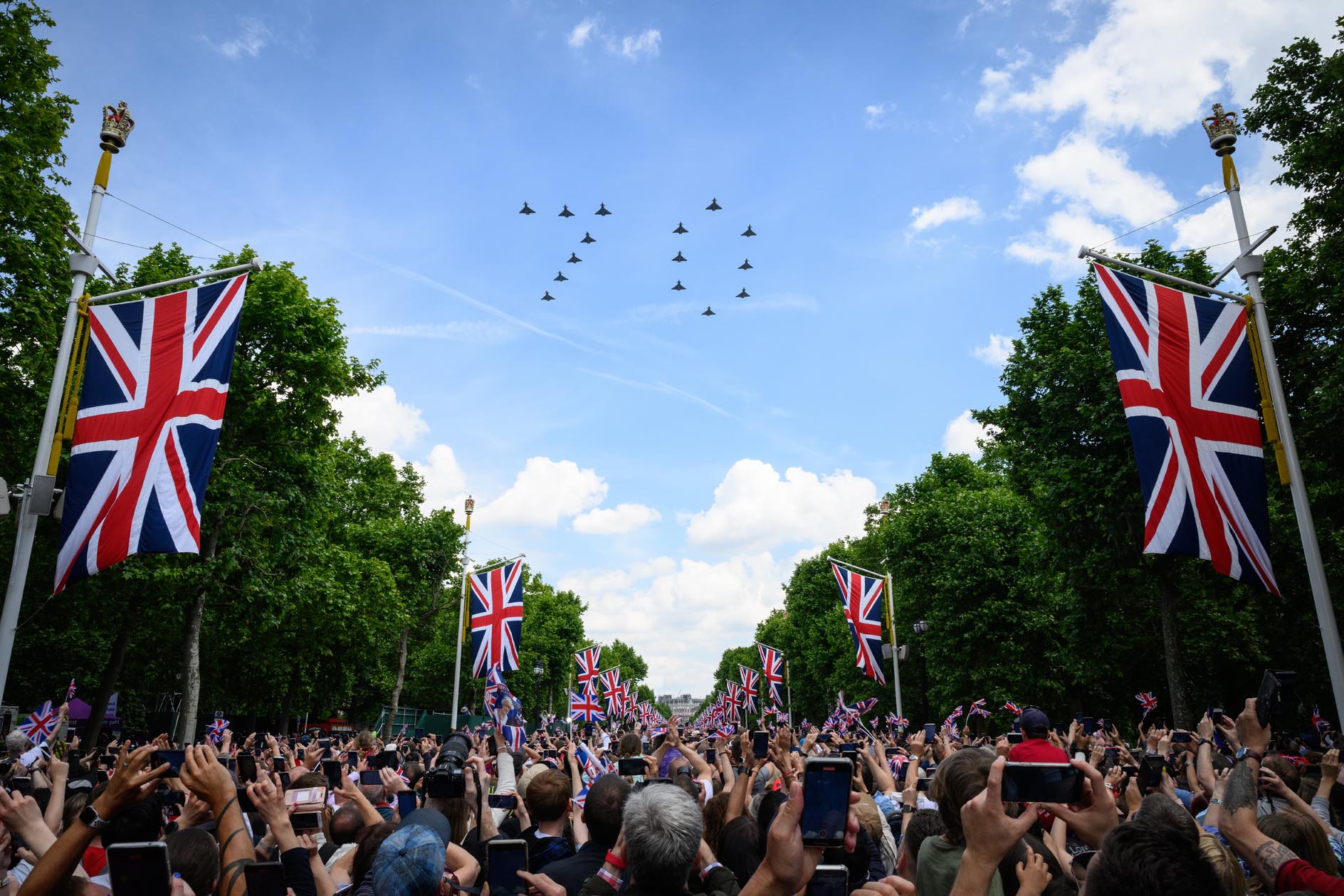

No one else could have done it. No other city, no other country and, above all, no other head of state. The Platinum Jubilee was a slam-dunk success and we should all bask in its warm glow before the memory fades. In an increasingly menacing world, with a louring political scene at home and ruthless invaders within our own continent, we should relish the reassurance of continuity and stability that The Queen and the Royal Family continue to give.
Therefore, as the bunting and flags are put away, we need to determine to carry that spirit on through the summer. Not least, we must make sure we don’t drift back into the semi-lockdown mode that has characterised Britain for so many months. The festivities and the street parties, the crowds and the cheering, have all got us back into the conviviality and sharing that we have missed for so long.
We are at heart social animals, yet Covid has turned so many of us away from our fellows and in on ourselves. Even the most balanced are now unused to socialising and find it much easier not to bother. The lonely have become lonelier and the naturally gregarious rendered solitary. Village life, which was always about cheerful acquaintance, as well as gossip, friendship, conflict and listening yet again to the repetition of old stories and long-held prejudices, has, for nearly three years, been limited to peremptory nods as we rushed to do our business and get back into the Covid-limiting safety of our own homes.
The Platinum Jubilee has given us all a new start. What a release it was to be thrown together to celebrate. As, 10 days ago, we sat at the long tables in the village high street, we learned to socialise again, to chat with neighbours we hardly knew and to welcome newcomers whom lockdown has kept as strangers. The stalwarts who managed to keep things running in the village, the churches and local businesses, were joined by a rush of new blood anxious to get to know other people and to live as a village again. Together, they organised the bands on the back of lorries, the Morris dancers, the children’s games, the photographs next to cut-out models of The Queen and the vast quantities of food and drink we consumed together to celebrate her 70 years on the throne.
Older people remembered other street parties that greeted the end of the Second World War, when orange squash and long-lost delicacies hoarded for years were finally brought out to welcome victory. We remembered the coronation, huddled around the neighbour’s 12in television set, all able to see the ceremonies for the first time in history, and many more looked back on the Silver, Golden, and Diamond Jubilees, but none of them a patch on this joyful celebration, made all the more poignant as a release from the confinement of lockdown.
Now, it is over. Buckingham Palace returns to being a solid symbol of permanence. No longer a backdrop to the magical images that conjured up our wonderful world or a stage for the performers who lifted our hearts and led our singing and our cheers. It now stands as a symbol of the stability and continuity that gives Britain strength and resilience in a terrifyingly disordered world. It represents, too, an institution that is not a cold, rational, legal structure, but a living, vibrant, human creation with human weaknesses and human strengths. At its heart is not a constitutional package, a written recitation of conventional, good-hearted moralising, but the individual faith, dedication and commitment of a monarch. Britain is fortunate indeed.
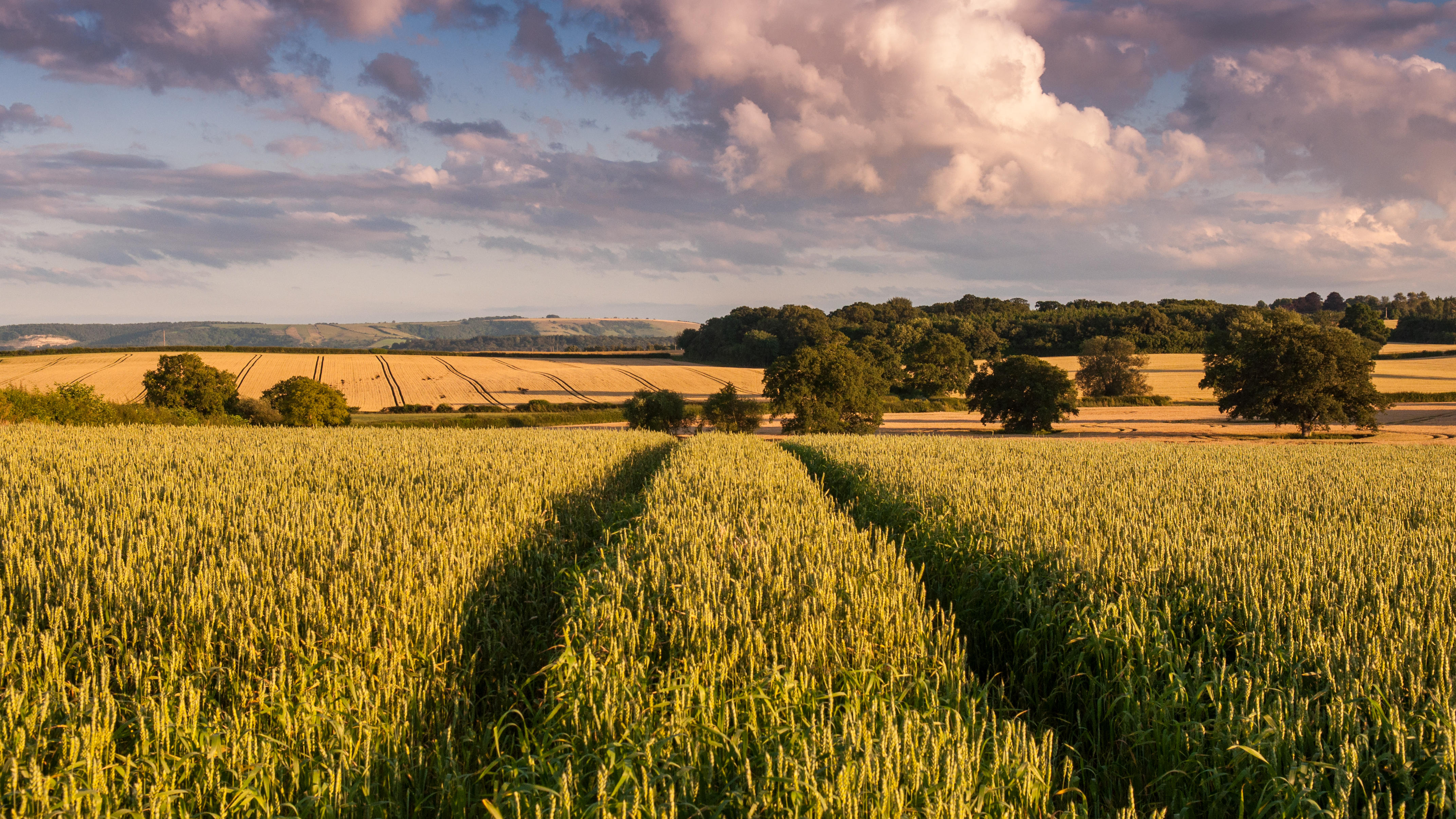
Credit: Alamy Stock Photo
Sign up for the Country Life Newsletter
Exquisite houses, the beauty of Nature, and how to get the most from your life, straight to your inbox.
Agromenes: The terrible warnings which must make us take food self-sufficiency seriously again
Country Life's agriculture columnist Agromenes on why we need to learn the lessons of the tragic events of the last
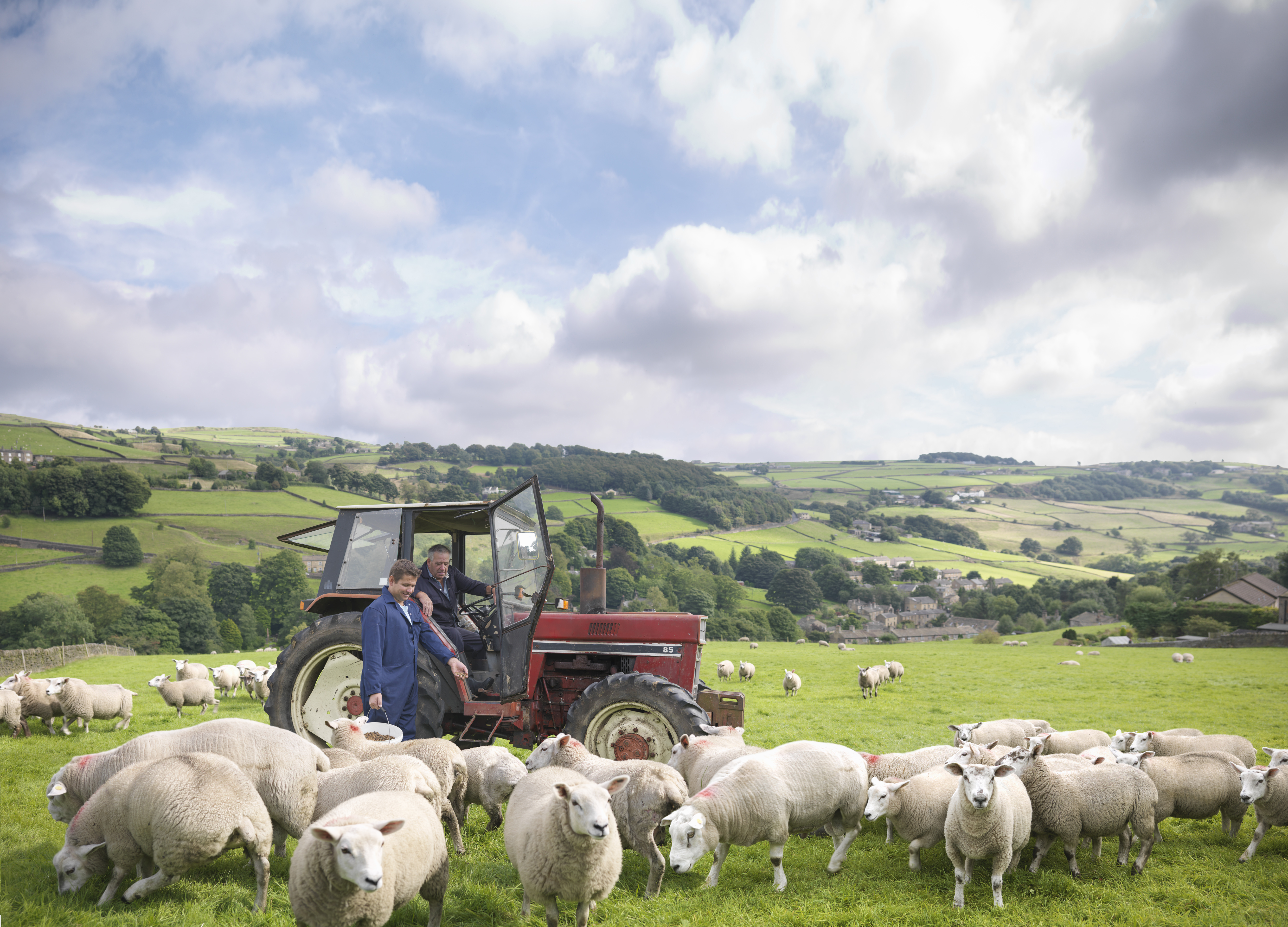
Credit: Getty Images/Cultura RF
Agromenes: 'Why does a Conservative Government think it’s wrong for the market to drive change? '
Country Life's columnist Agromenes ponders why the Government isn't doing more to encourage a market-based drive towards regenerative farming.
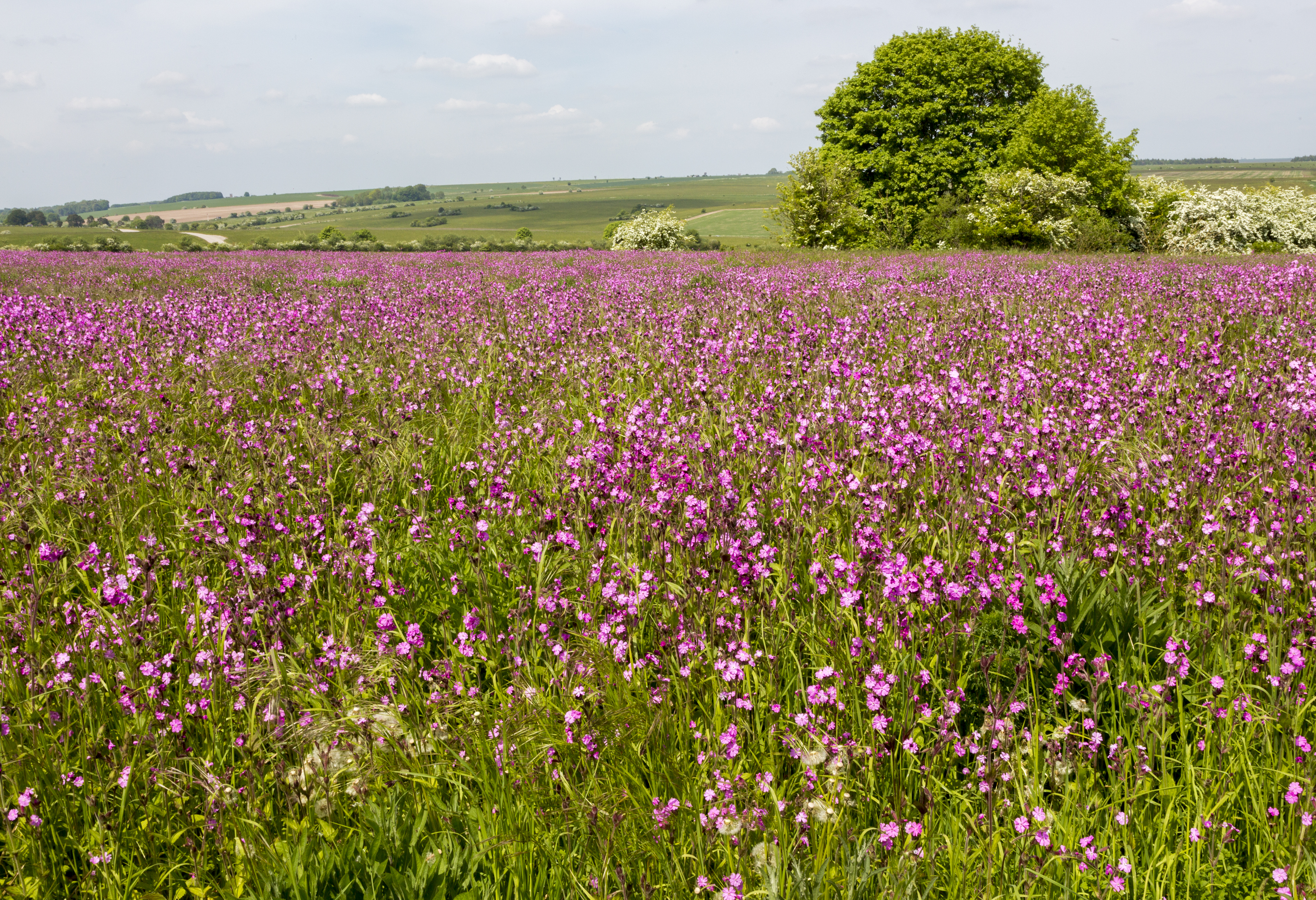
Credit: Ian Murray, Getty Images
Opinion: In the 19th century we couldn’t do without coal, in the 20th we couldn't do without oil. In the 21st, we're learning to prosper without either
Country Life's columnist Agromenes thinks we can have it all — prosperity and a thriving environment — if we do it
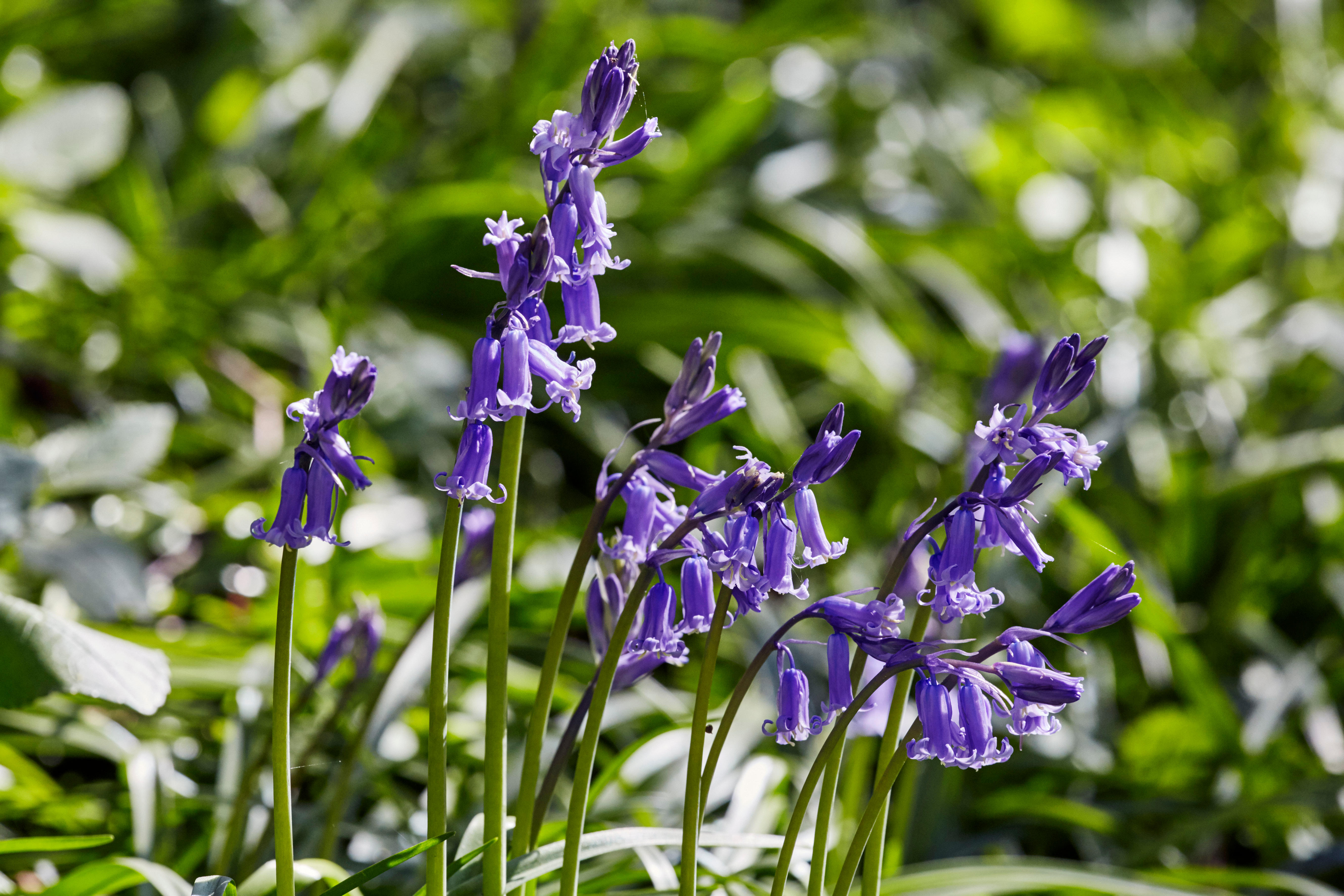
'Throughout history, it’s spring that has given humanity the fortitude to survive'
The beauty of spring in Britain makes the lockdown infinitely more bearable as many make the most of their time
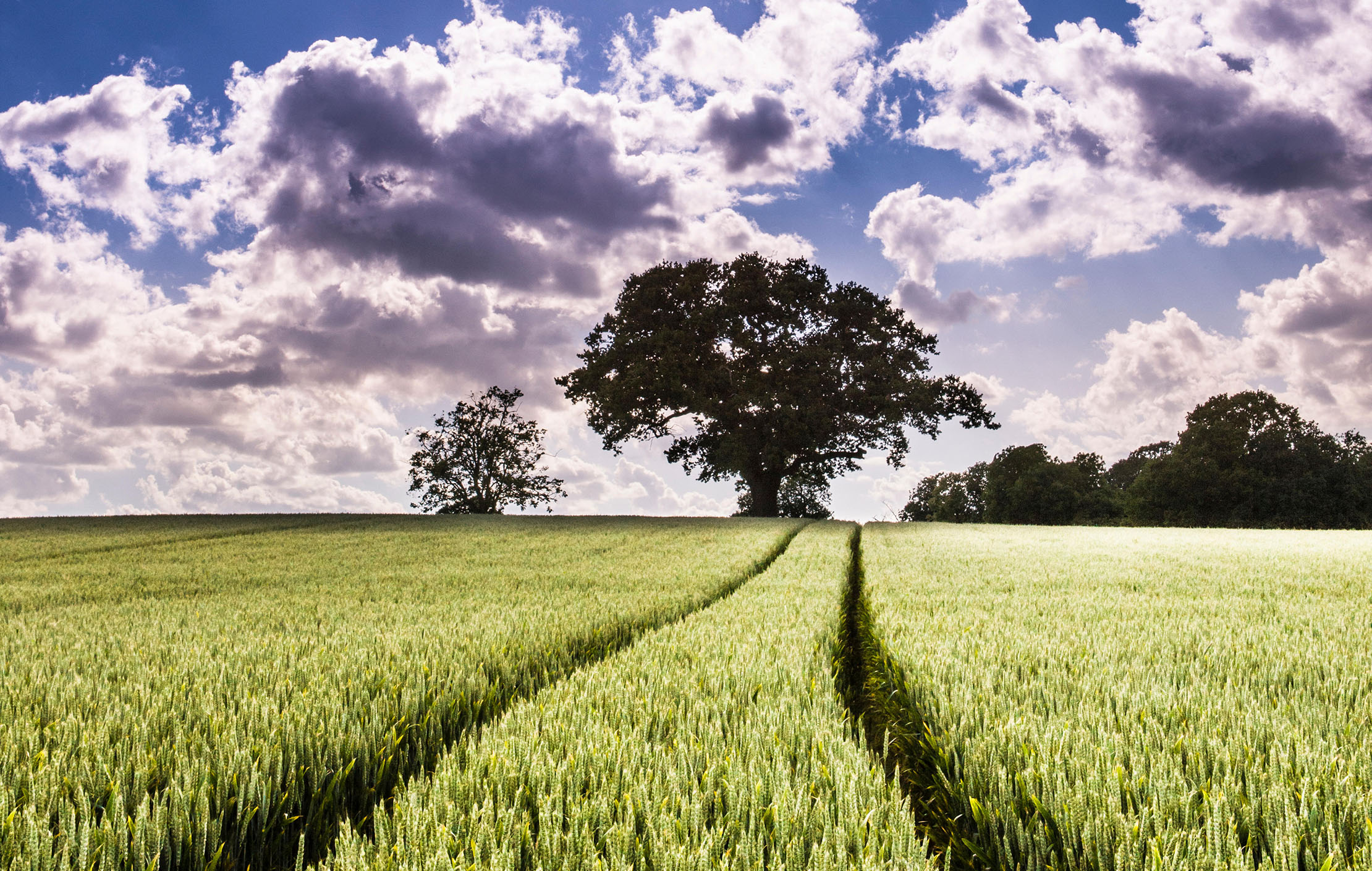
Credit: Alamy Stock Photo
'When we take for granted our ever-available, low-cost food, we might remember how that certainty was achieved'
The turn in the weather prompts Country Life's columnist Agromenes to reflect on how modern farming gave us food security
Country Life is unlike any other magazine: the only glossy weekly on the newsstand and the only magazine that has been guest-edited by HRH The King not once, but twice. It is a celebration of modern rural life and all its diverse joys and pleasures — that was first published in Queen Victoria's Diamond Jubilee year. Our eclectic mixture of witty and informative content — from the most up-to-date property news and commentary and a coveted glimpse inside some of the UK's best houses and gardens, to gardening, the arts and interior design, written by experts in their field — still cannot be found in print or online, anywhere else.
-
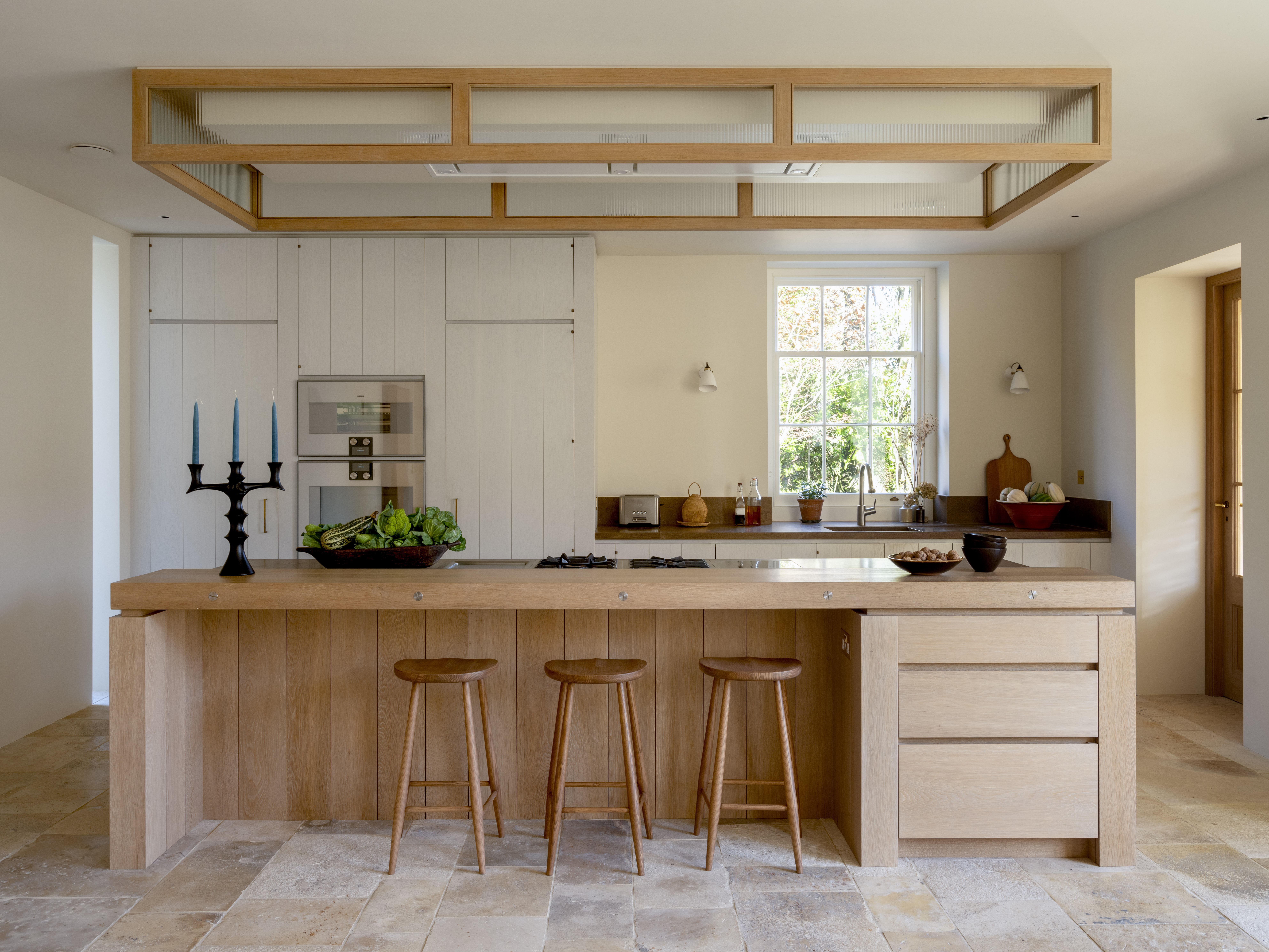 Designer's Room: A solid oak French kitchen that's been cleverly engineered to last
Designer's Room: A solid oak French kitchen that's been cleverly engineered to lastKitchen and joinery specialist Artichoke had several clever tricks to deal with the fact that natural wood expands and contracts.
By Amelia Thorpe
-
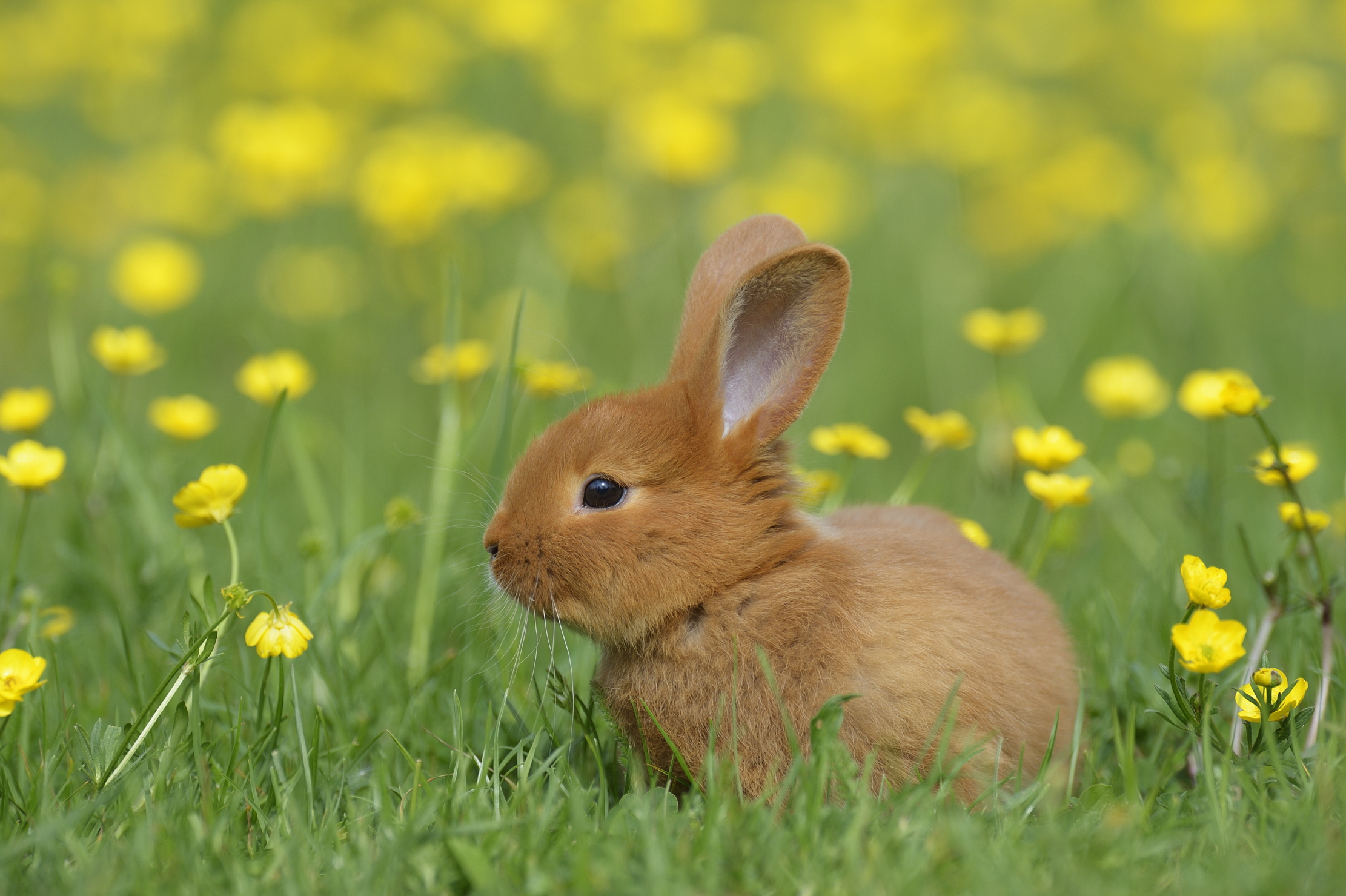 Chocolate eggs, bunnies and the Resurrection: Country Life Quiz of the Day, April 18, 2025
Chocolate eggs, bunnies and the Resurrection: Country Life Quiz of the Day, April 18, 2025Friday's quiz is an Easter special.
By James Fisher
-
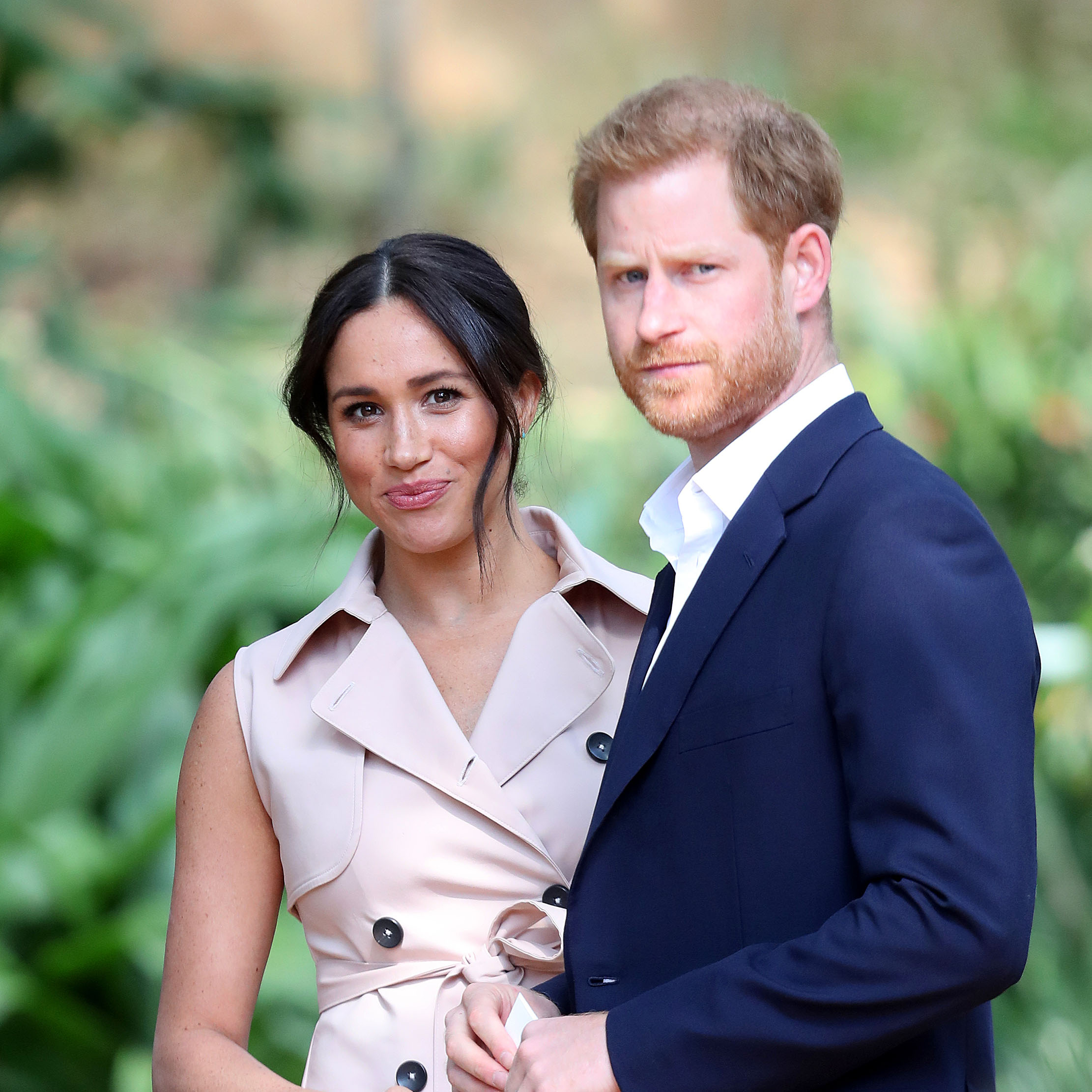 Carla Carlisle: 'What do the Sussexes want? How does this saga end?'
Carla Carlisle: 'What do the Sussexes want? How does this saga end?'Our US-born, Norfolk-based columnist Carla Carlisle was only too happy to welcome Meghan Markle into the sisterhood of American women married to Englishmen. How things have changed since that 'hopeful and happy time'.
By Carla Carlisle
-
 What sort of man is King Charles III, and what sort of king will he be?
What sort of man is King Charles III, and what sort of king will he be?A brilliant conversationalist, a cracking host and, surprisingly, an excellent actor, Charles III genuinely cares for people and strives to make a difference to their lives. Anna Tyzack speaks to some of those who have crossed his path.
By Anna Tyzack
-
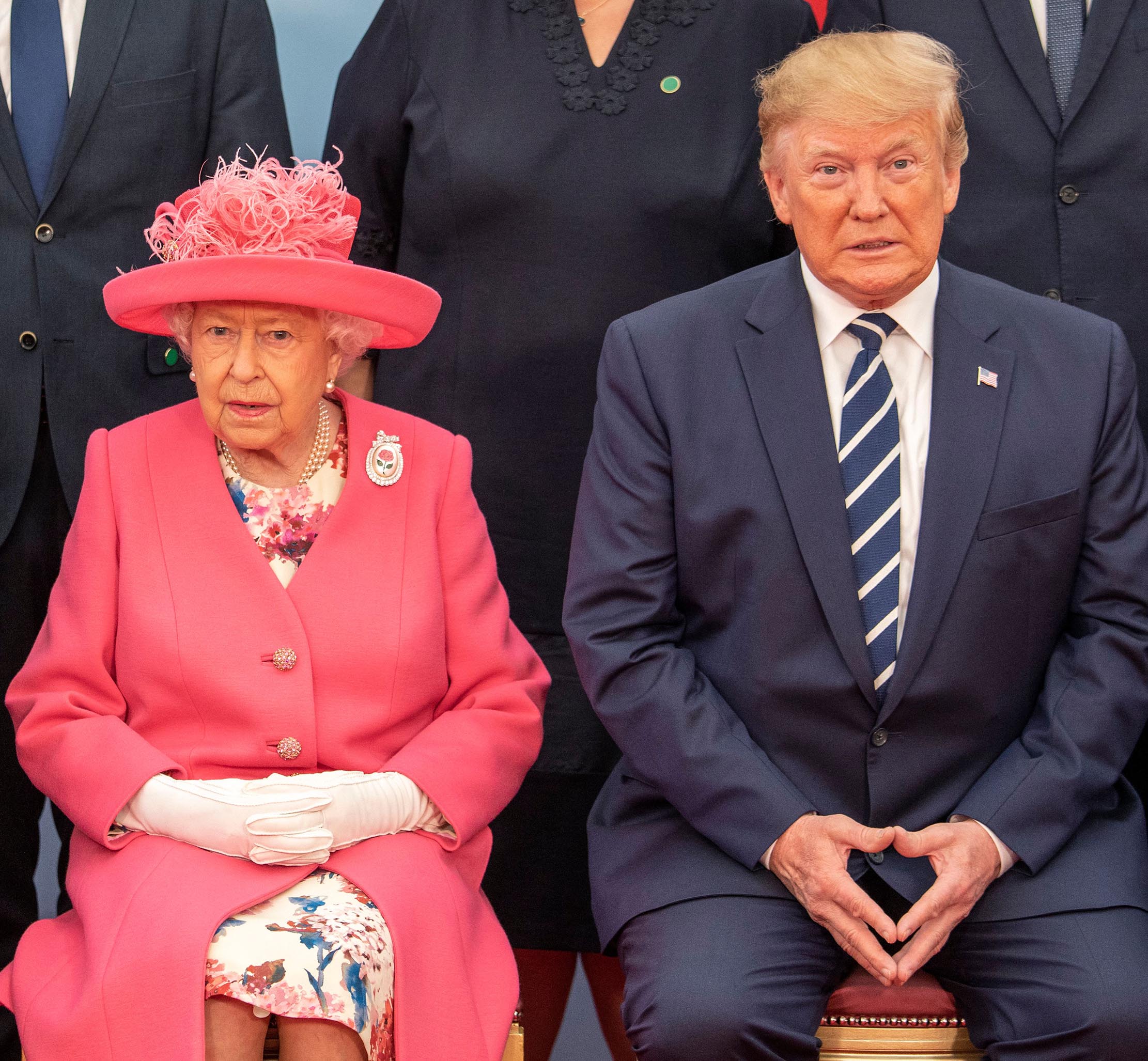 Carla Carlisle: Wallis Simpson's great gift to Britain? Swapping vain, impulsive Edward for the patience, steadiness and kindliness of George and Elizabeth
Carla Carlisle: Wallis Simpson's great gift to Britain? Swapping vain, impulsive Edward for the patience, steadiness and kindliness of George and ElizabethCarla Carlisle may be a free-born American, but she doffs her cap to the late Queen, the new King, and how Britain's centuries-old balancing act can trump the whims of political mood in a republic.
By Carla Carlisle
-
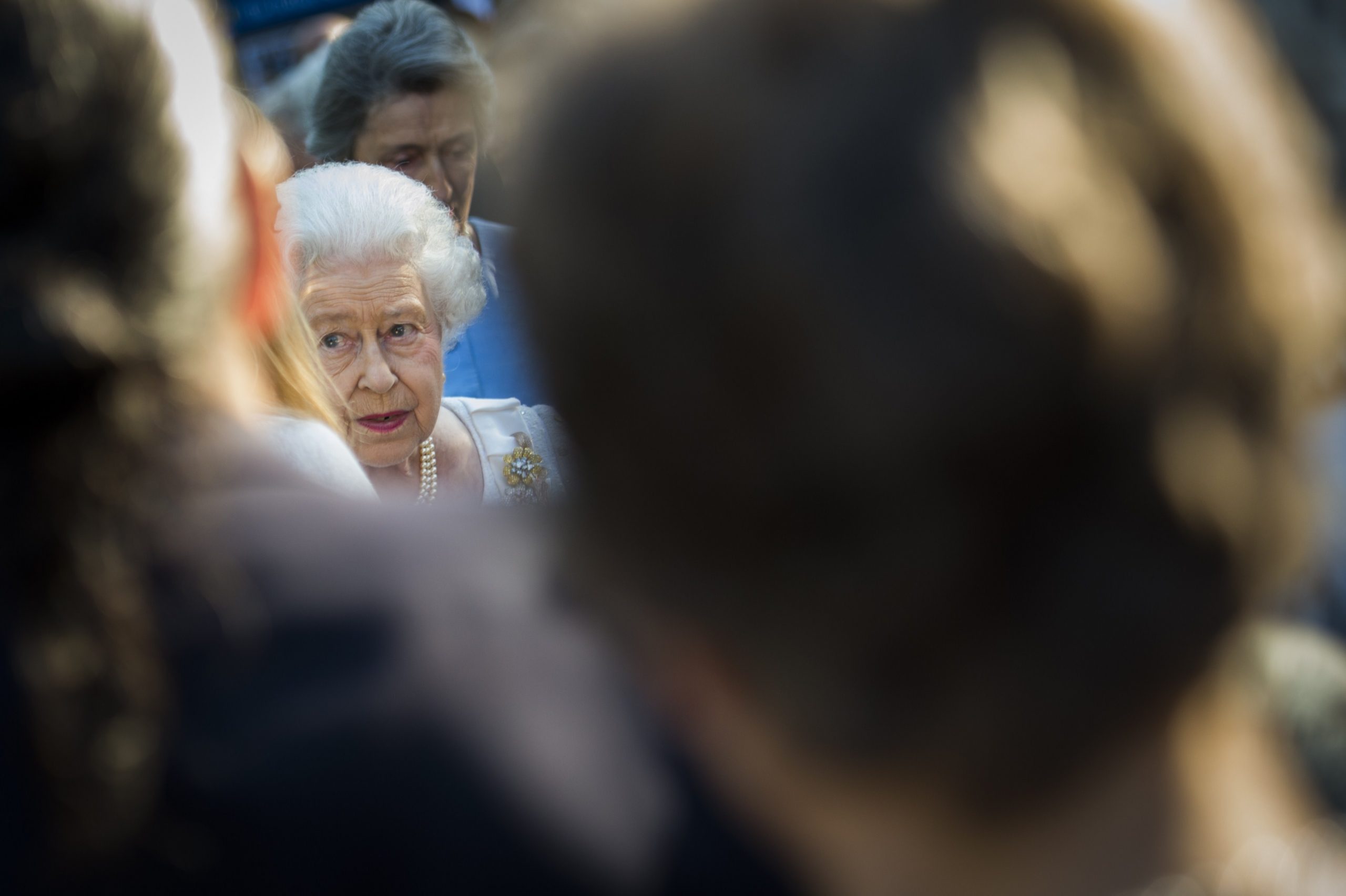 Carla Carlisle: The day I rescued The Queen
Carla Carlisle: The day I rescued The QueenCarla Carlisle's friends and family back in America are convinced she's on personal terms with Her Majesty. She isn't — but there was that one time....
By Carla Carlisle
-
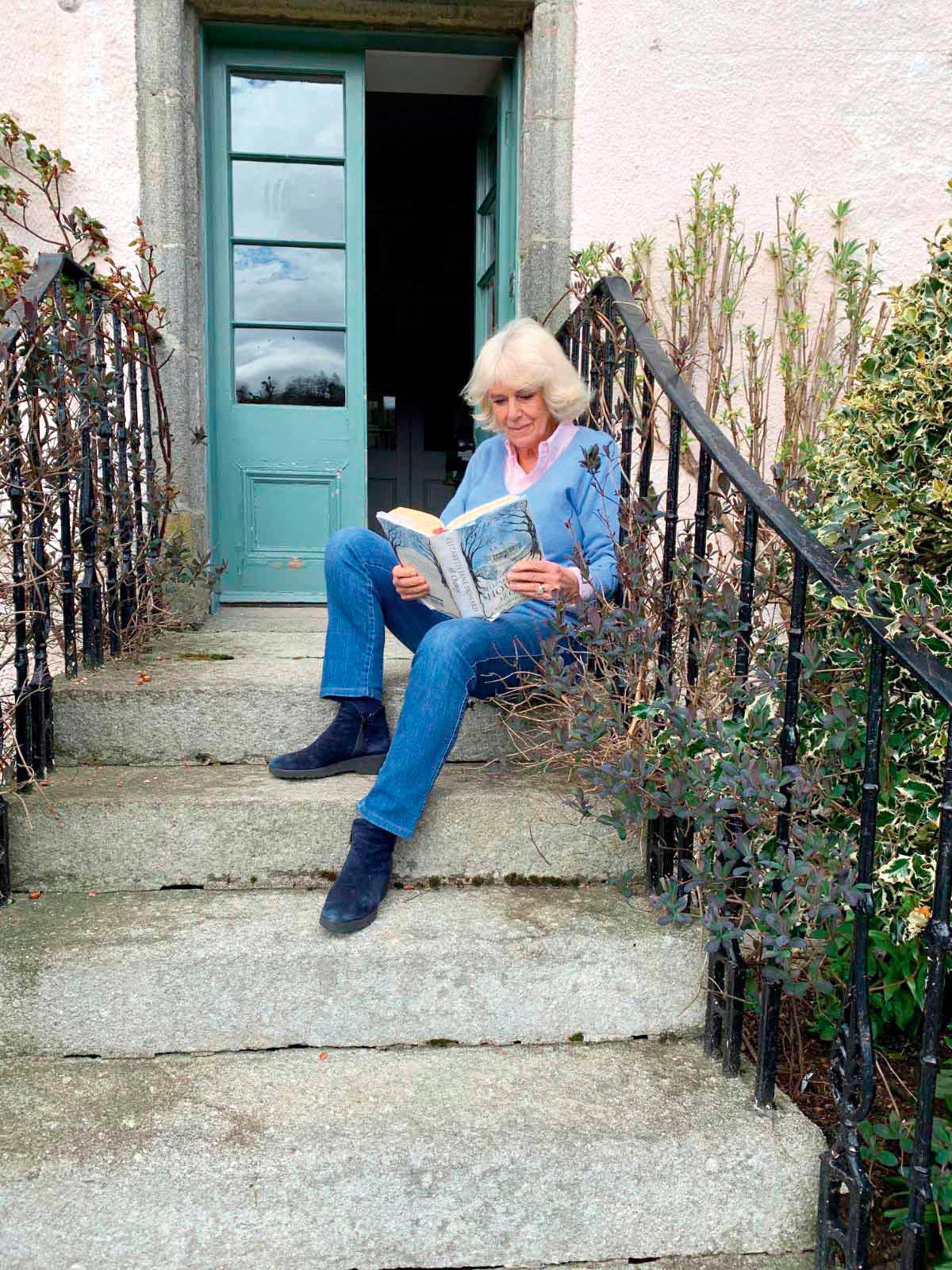 The Duchess of Cornwall names her all-time favourite books
The Duchess of Cornwall names her all-time favourite booksAn avid reader, The Duchess of Cornwall has long promoted the importance of literacy via her patronages of the National Literacy Trust and BookAid International — among many other bodies — as well as her popular literary hub, The Reading Room. Here, she selects her three favourite books.
By HRH The Duchess of Cornwall
-
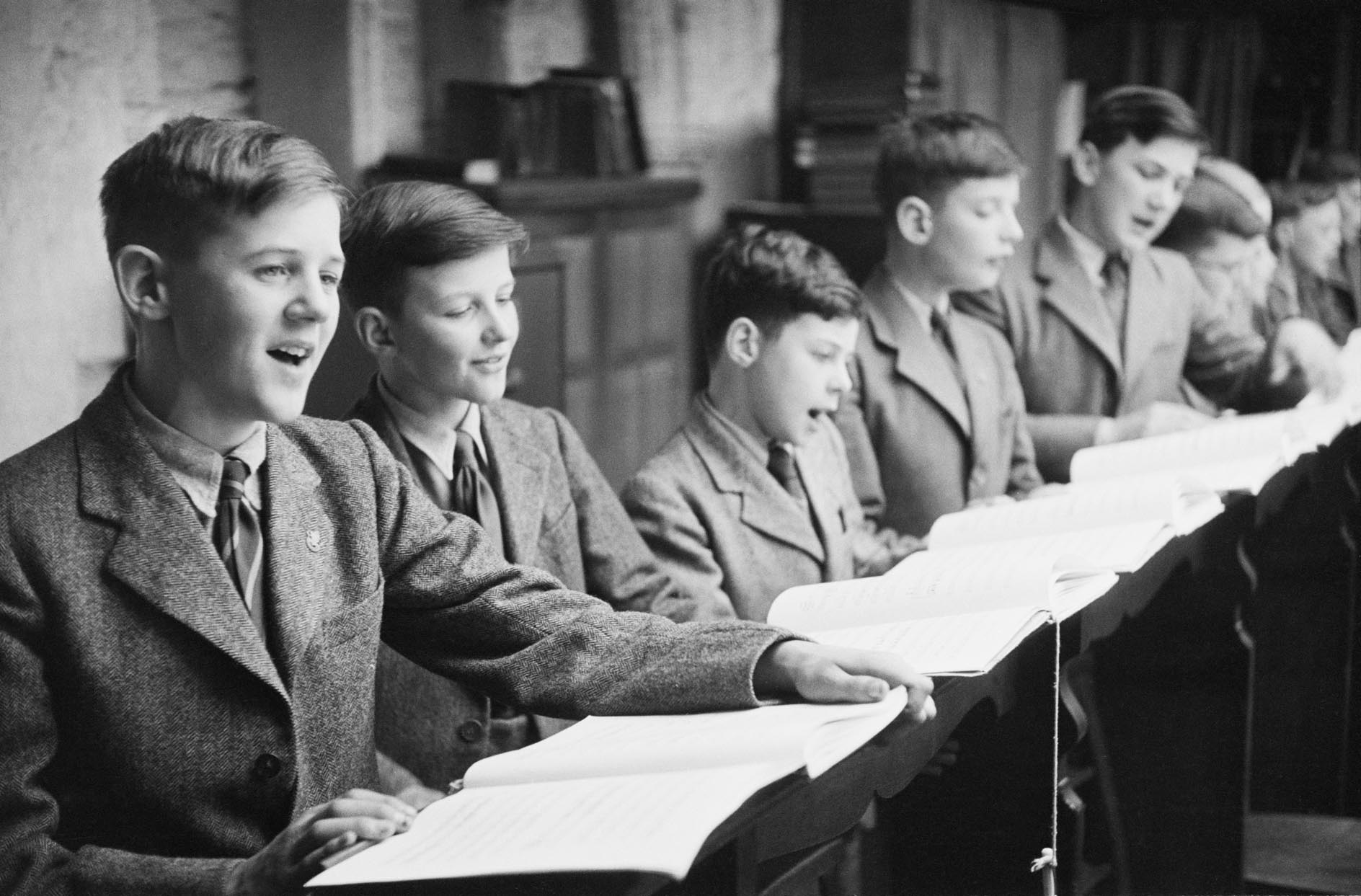 Curious Questions: What is it like to sing at a royal coronation in Westminster Abbey?
Curious Questions: What is it like to sing at a royal coronation in Westminster Abbey?The choristers at the Coronation are now in their eighties, but recall vividly the day they sang for The Queen, as Andrew Green discovers.
By Country Life
-
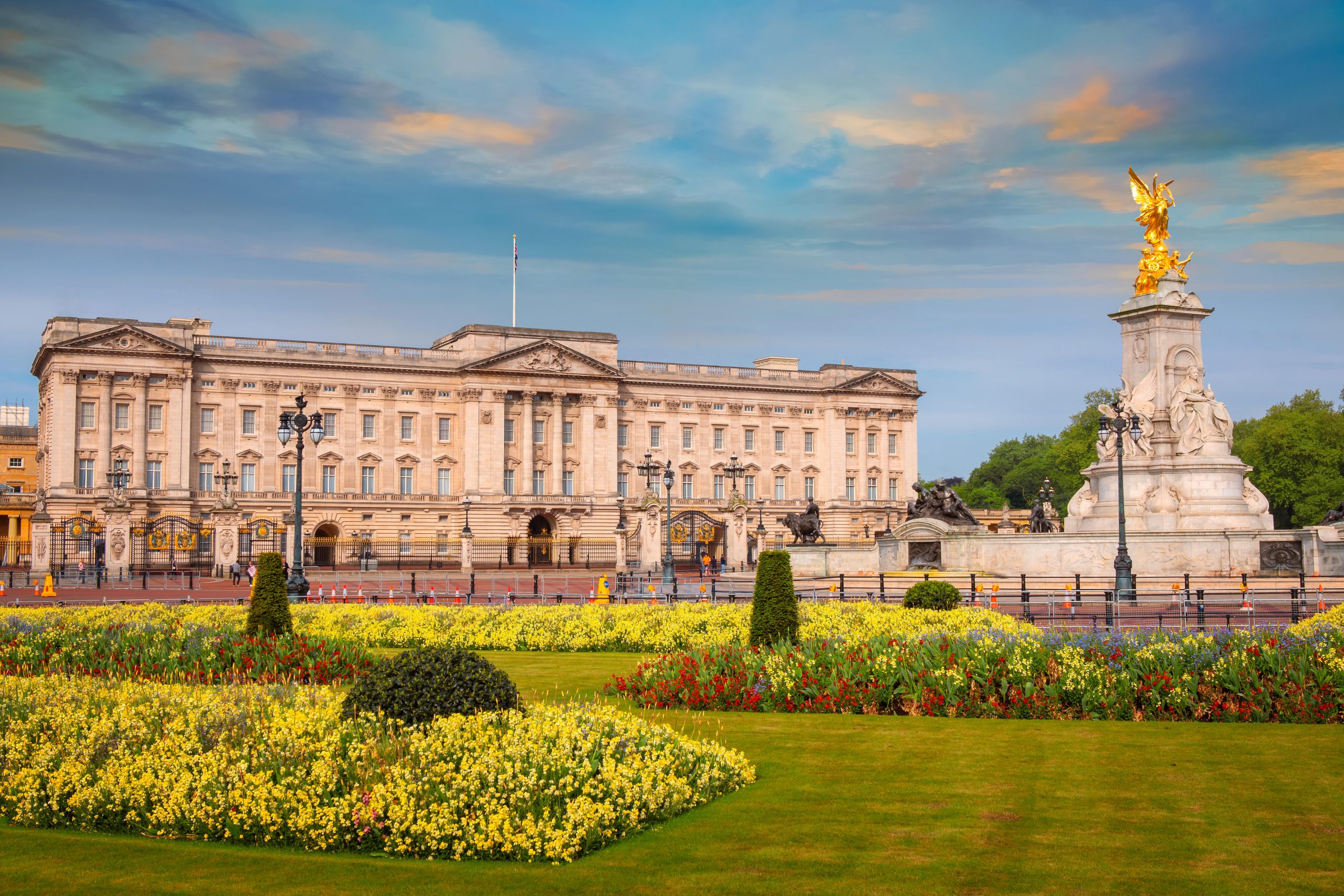 Why it’s time for the Royal Family to turn Buckingham Palace Gardens into a public park
Why it’s time for the Royal Family to turn Buckingham Palace Gardens into a public parkIf the gardens of Buckingham Palace were opened to the public, it would transform the frenetic centre of London, says Simon Jenkins.
By Simon Jenkins
-
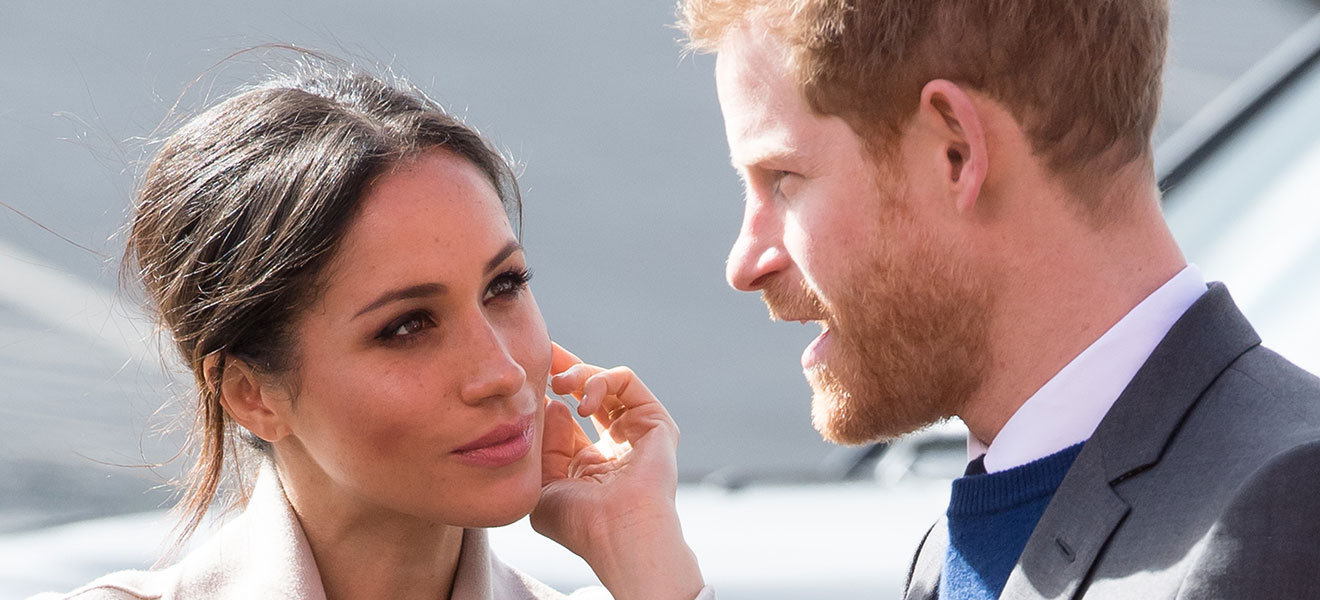 Meghan Markle - the profile: 'She and Harry symbolise the best of a modern, progressive Britain’
Meghan Markle - the profile: 'She and Harry symbolise the best of a modern, progressive Britain’As Meghan Markle becomes the newest member of the Royal Family, we take a look at the life and career of a woman whose presence looks set to give a huge boost to the monarchy. Flora Watkins reports.
By Flora Watkins